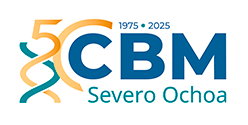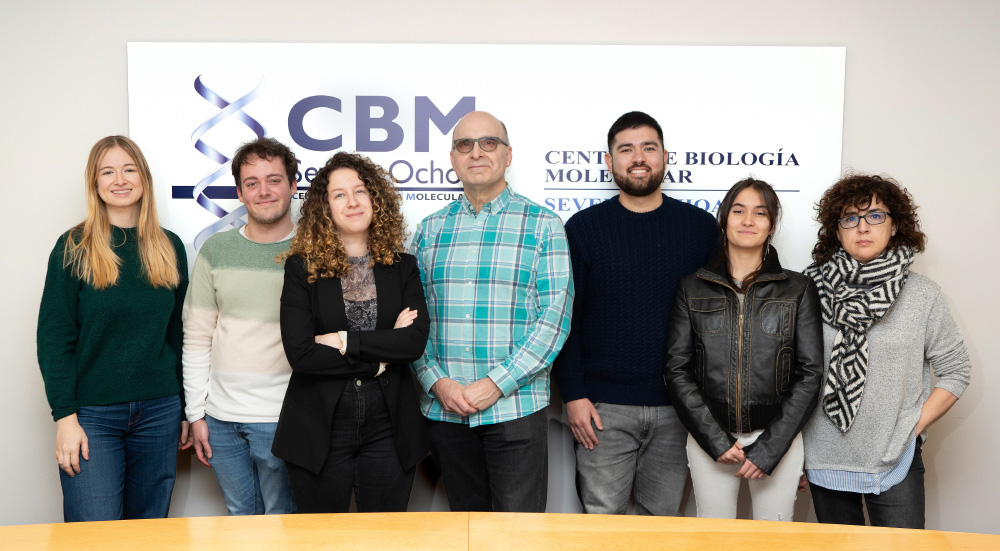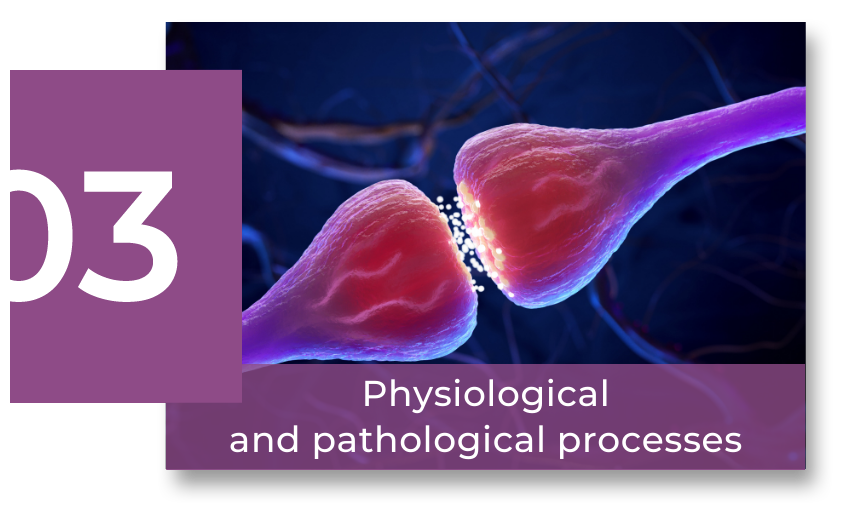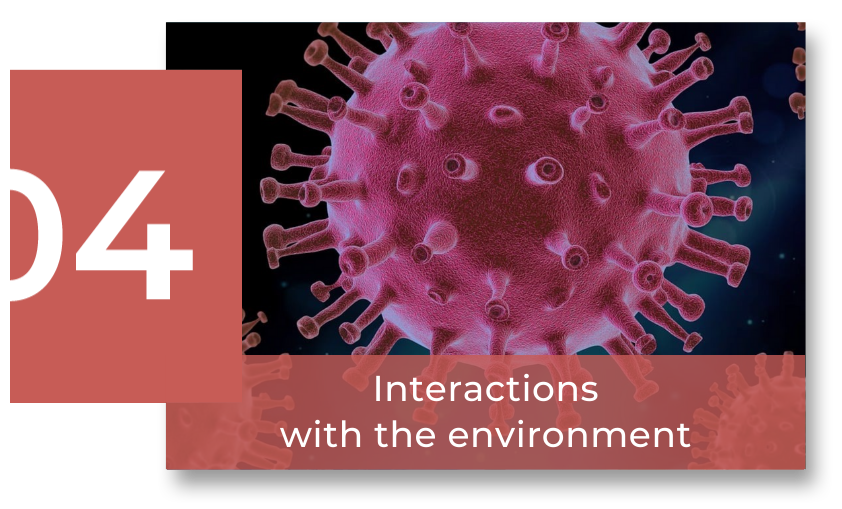Scientific Program
Interactions with the environment
RESEARCH GROUP
Neurovirology and new antivirals against human viruses

José Antonio López Guerrero
We work on two main projects: 1) Effect of herpesvirus infection on neurodegeneration, characterizing the role of HSV-1 infection in demyelinating diseases such as multiple sclerosis. 2) Characterization of antivirals against different viruses. Since 2020, we have investigated several broad-spectrum antivirals targeting human coronaviruses and herpesviruses.

Research
Our current research is focused on two major projects. On the one hand and for the last 20 years, our laboratory has centered on the effect of herpesvirus infection on neurodegeneration. Specifically, we have addressed the characterization and assessment of the role of herpes simplex virus type 1 infection –HSV-1- in neurodegeneration or demyelination diseases, such as multiple sclerosis. In this sense, the main fields of study are viral entry into human oligodendrocyte lines, cycle, acquisition of the lipid envelope, viral transport and egress, involvement of microvesicles in the process and, in parallel, characterization of antiherpetic agents capable of penetrating the CNS. For instance, we have demonstrated that HSV-1 can leave cells enclosed within microvesicles that allow the virus to increase its tropism and spread throughout the host, evading the immune response. In addition, our group assessed the role of the MAL protein (which plays an important role in the compaction and stability of myelin) in HSV-1 infection, demonstrating that MAL is crucial in the infection of oligodendrocytes. Besides, we are interested in characterizing the effect of herpesviruses on the development of autophagy mechanisms. Our results suggest that HSV-1 interferes with the maturation of autophagosomes in human oligodendroglioma and primary murine oligodendrocyte precursor cells.
The second research line of our lab is the characterization of antiviral drugs against different viruses. The laboratory’s solid experience in the study of herpesviruses led to our interest in performing screenings of different drugs with potential antiherpetic activity, such as valproic acid derivatives. On the other hand, since 2020 and following the declaration of the global SARS-CoV-2 pandemic, our group has been leading efforts to characterize several broad-spectrum antivirals targeting human coronaviruses. This research pipeline has become the most prominent focus of the neurovirology laboratory’s work. Current theses work carried out in the lab are screening anti-HSV-1 and HSV-2 compounds obtained from chemical synthesis or plant extracts, in collaboration with other colleagues around the world. The effects of vitamin D in herpesvirus infection or the characterization of herpesvirus and coronavirus entry into several cell lines through endocytosis mechanisms are tackled as well.
Group members

Ángeles Raquel Bello-Morales Arroyo
Lab.: Fac.Ciencias Ext.: 914978276
rbello-morales(at)cbm.csic.es

José Antonio López Guerrero
Lab.: Fac.Ciencias Ext.: 914972375
jal(at)cbm.csic.es
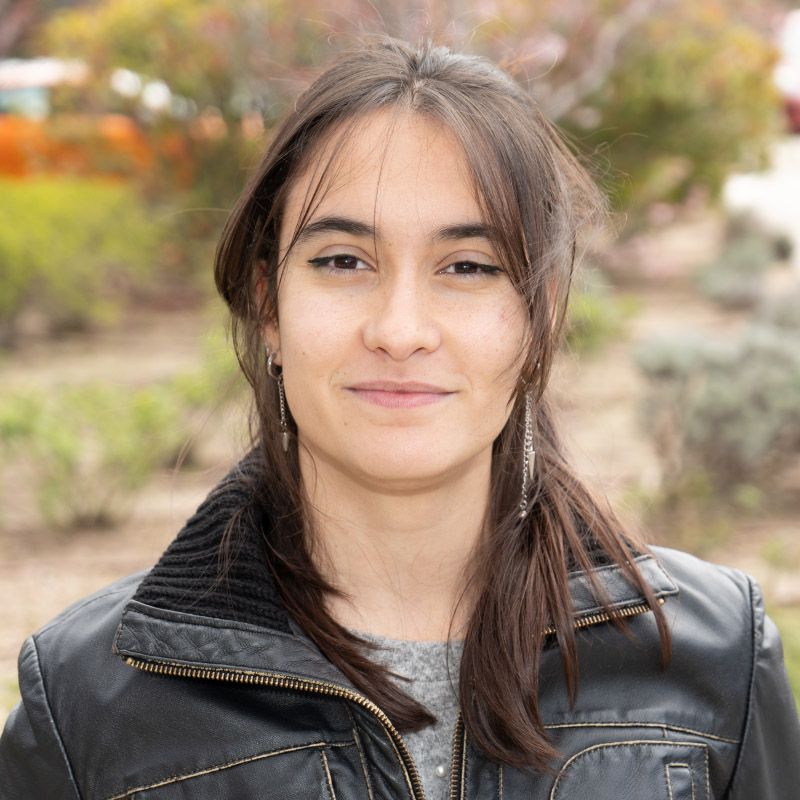
María Arribas Barrios
Lab.: Fac. Ciencias Ext.: 914972375 914978276
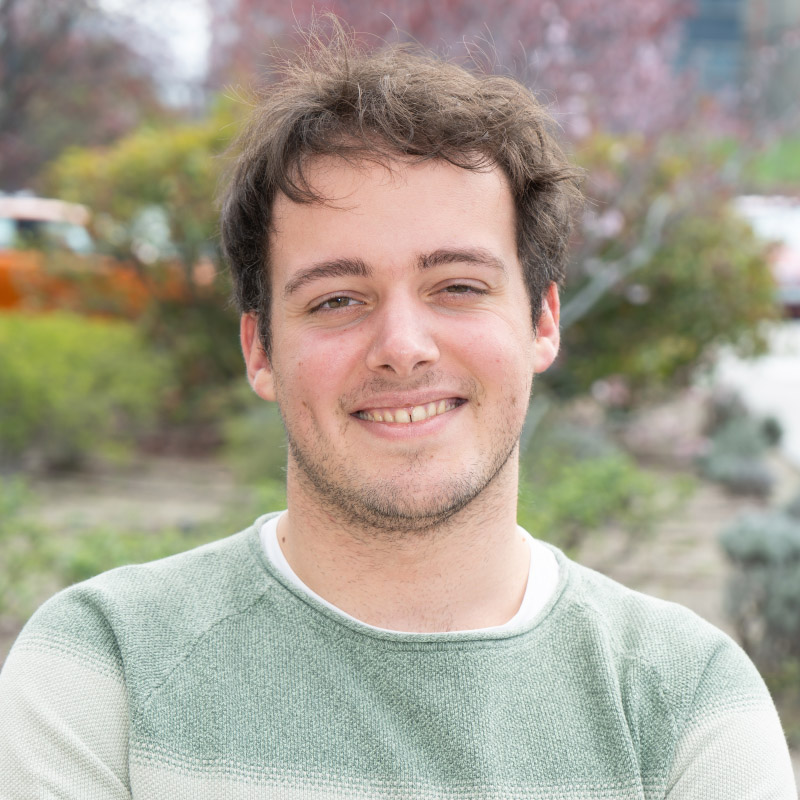
Daniel Galdo Torres
Lab.: Fac. Ciencias Ext.: 914978276
dgaldo(at)cbm.csic.es
Selected publications
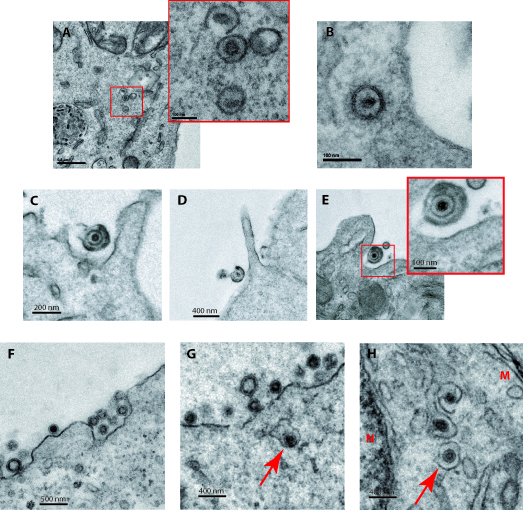
The Effect of Cellular Differentiation on HSV-1 Infection of Oligodendrocytic Cells
Raquel Bello Morales et al.
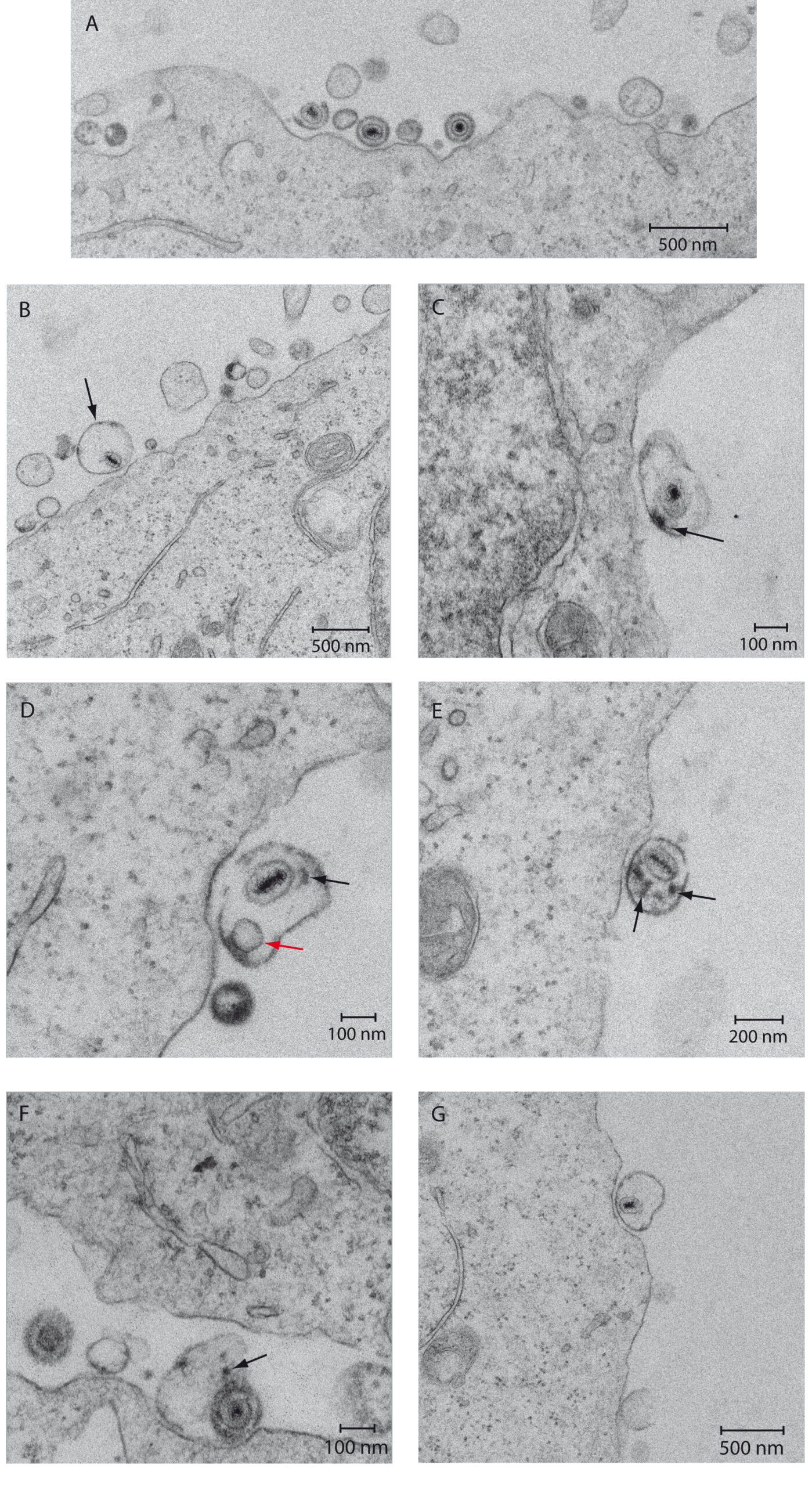
Role of Microvesicles in the Spread of Herpes Simplex Virus 1 in Oligodendrocytic Cells
Raquel Bello Morales et al.
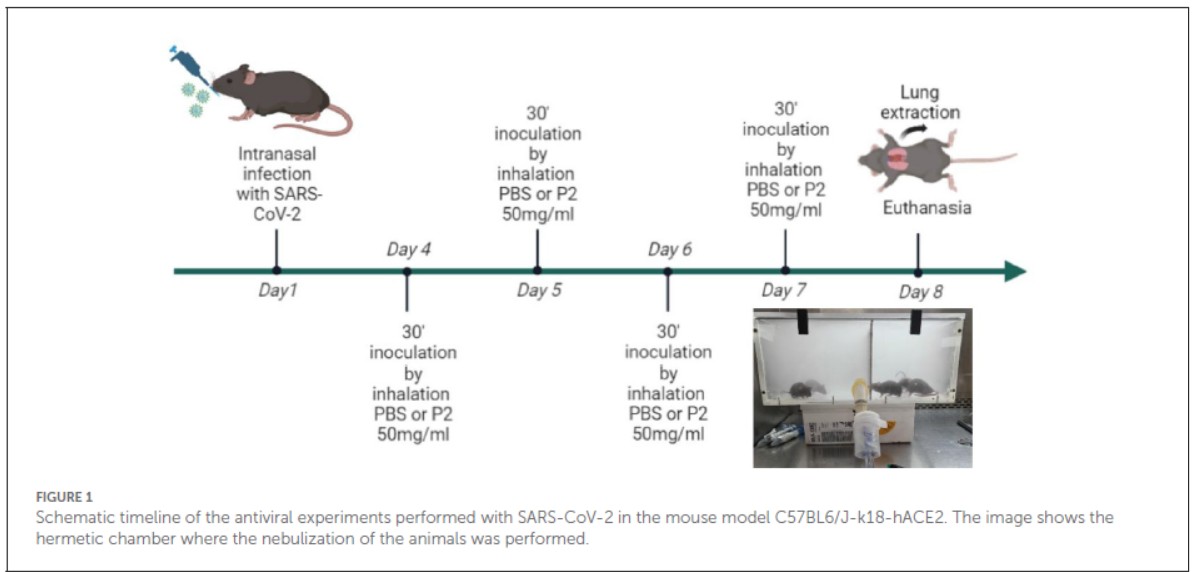
Dextran sulfate from Leuconostoc mesenteroides B512F exerts potent antiviral activity against SARS-CoV-2 in vitro and in vivo
Sabina Andreu et al.
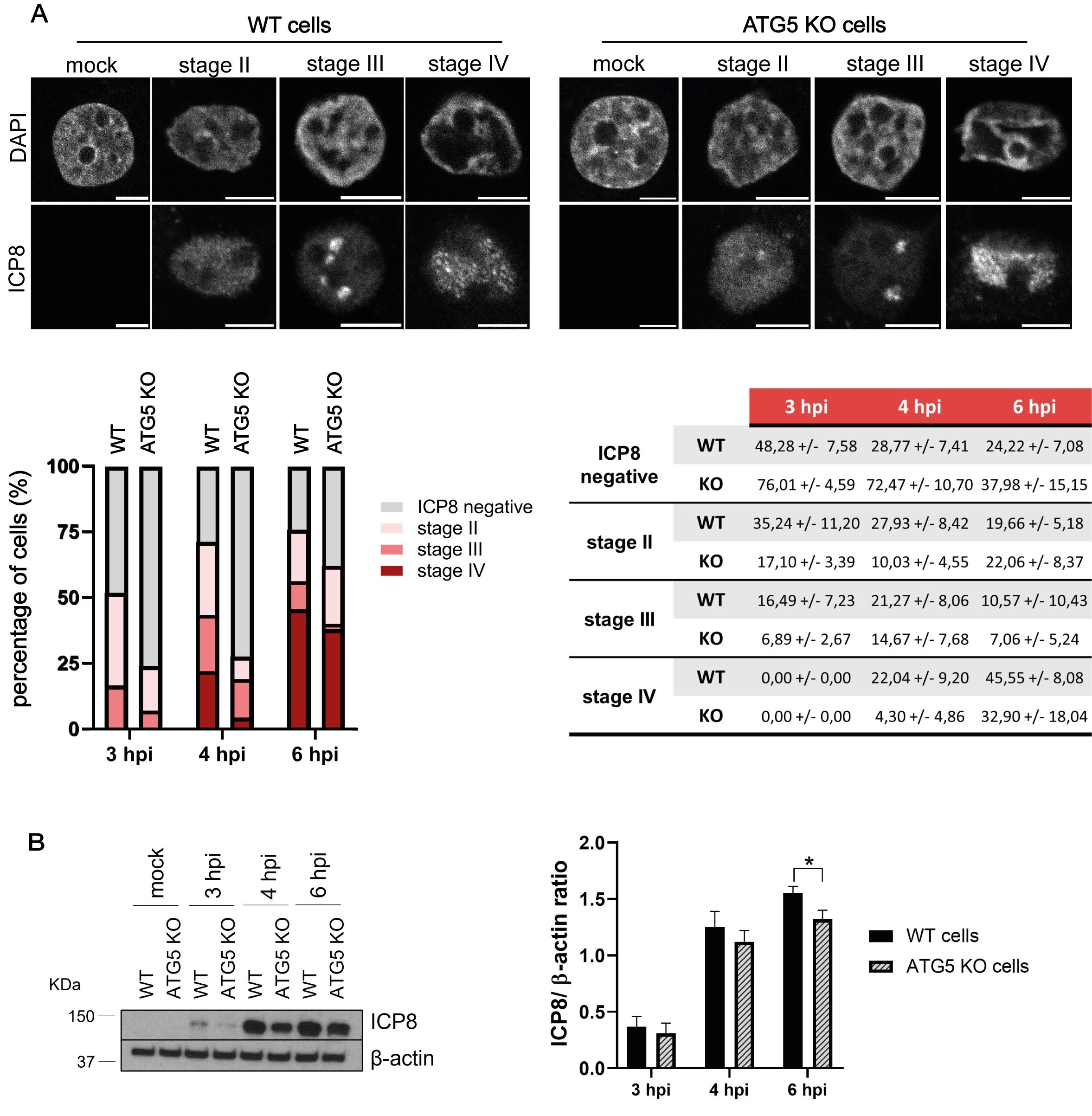
Herpes Simplex Virus type 1 inhibits autophagy in glial cells but requires ATG5 for the success of viral replication
Inés Ripa et al.
